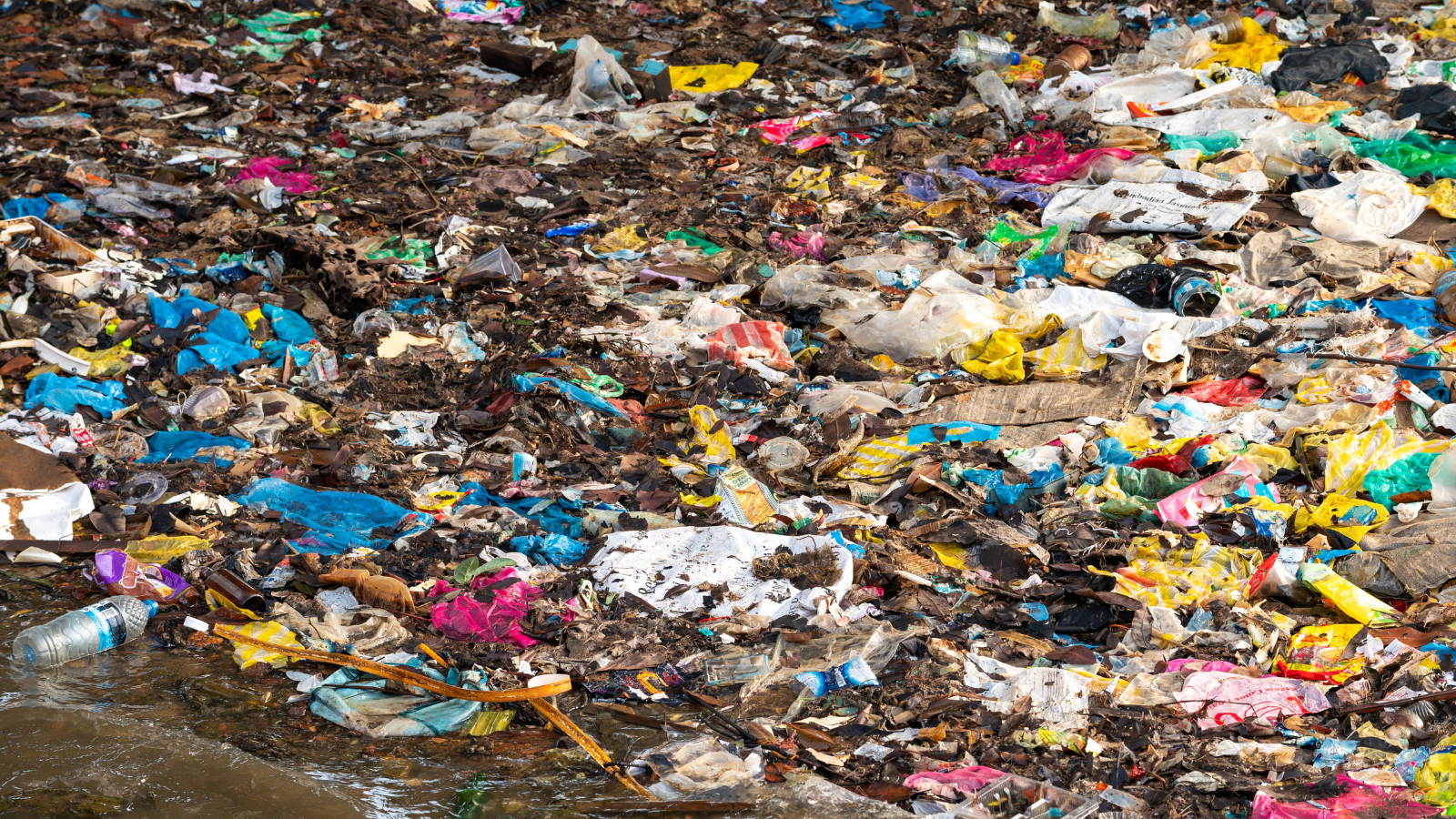Using Plastic Worldwide and Its Effect: Plastic has become an integral part of modern life, used worldwide in packaging, household items, electronics, and industrial applications. Its durability, light weight, and versatility make it indispensable in many industries. However, the widespread use of plastic has serious environmental consequences that affect ecosystems, human health, and the planet’s long-term sustainability.
Global Plastic Consumption
Every year, millions of tons of plastic are produced globally. Single-use plastics such as bags, bottles, straws, and packaging materials account for a large portion of this consumption. Developed countries often have higher plastic usage per capita, while developing nations are rapidly increasing their plastic consumption due to urbanization and industrial growth. Despite recycling efforts, a significant amount of plastic ends up in landfills, rivers, and oceans, contributing to environmental pollution.
Impact on the Environment
The environmental impact of plastic is alarming. Plastics take hundreds of years to decompose, and as they break down, they form microplastics that contaminate soil and water. Oceans are particularly affected, with plastic debris harming marine life such as fish, turtles, and seabirds. These animals often mistake plastic for food, leading to injury, starvation, and death. Coral reefs and other marine ecosystems are also damaged by plastic waste, disrupting biodiversity and the balance of aquatic life.
Human Health Concerns
Plastic pollution is not only an environmental issue but also a public health concern. Microplastics have been detected in drinking water, seafood, and even the air we breathe. Chemicals used in plastic production, such as bisphenol-A (BPA) and phthalates, can leach into food and beverages, posing risks to hormonal systems and overall health. Long-term exposure to these chemicals has been linked to reproductive, developmental, and metabolic disorders.

Solutions and Sustainable Practices
Addressing the plastic problem requires global cooperation and individual responsibility. Reducing single-use plastics, promoting recycling, and encouraging the development of biodegradable alternatives are essential steps. Governments and industries must implement policies to limit plastic production and waste. Consumers can also contribute by choosing reusable products, supporting eco-friendly packaging, and participating in clean-up initiatives.
In conclusion, while plastic has become a vital part of modern society, its excessive use poses significant threats to the environment and human health. Awareness, responsible consumption, and sustainable practices are crucial to mitigating the negative effects of plastic worldwide and protecting the planet for future generations.
UNESCO World Heritage Sites in Australia
![]()





